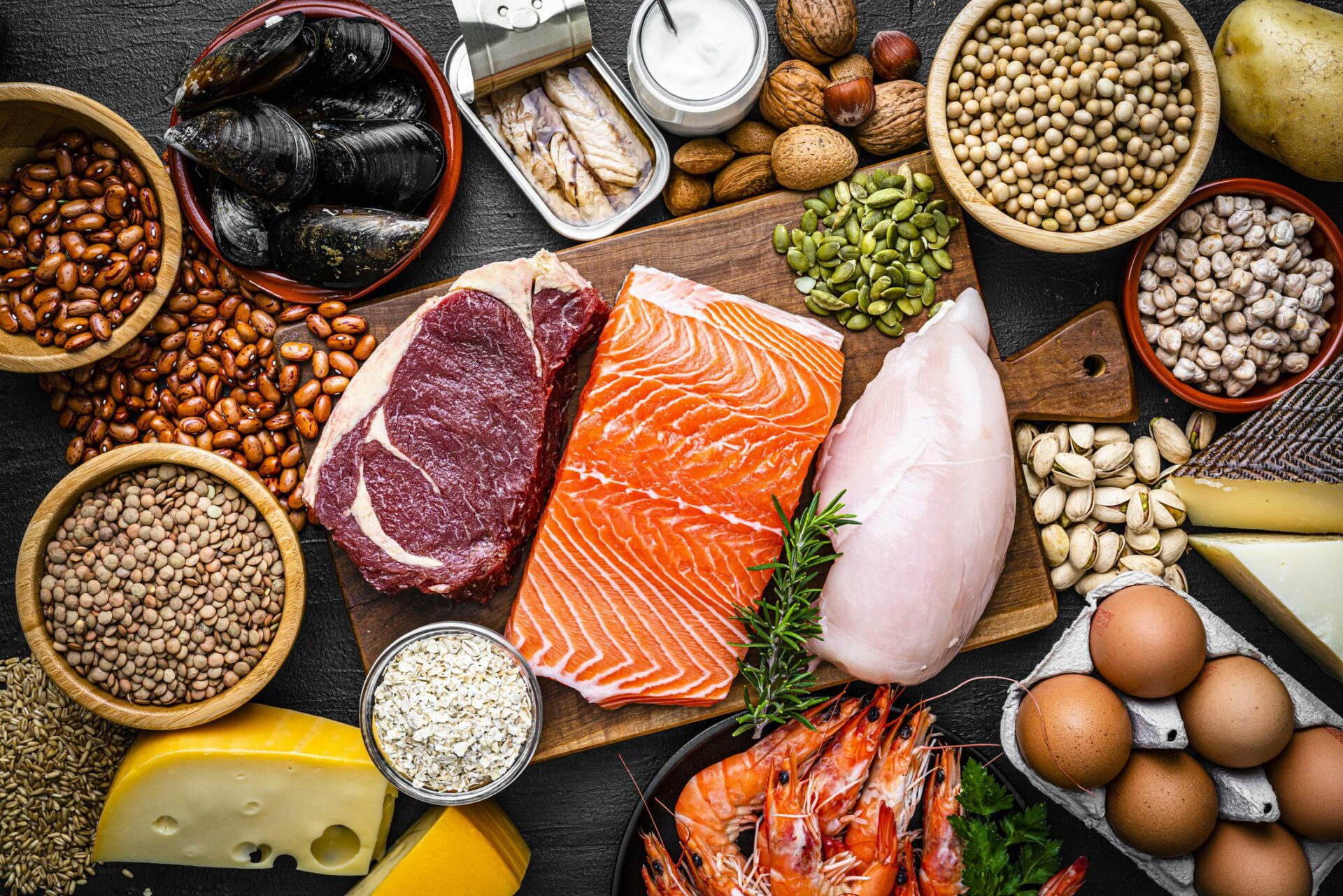Coach Kate Williams, Nutritional Therapist, CF-L2
Protein is a topic that garners significant attention, with individuals eager to voice their opinions and leaving many questions unanswered: Why is protein essential? How much protein is too much? What are the optimal sources of protein? When is the best time to consume protein?
As a nutritional therapist, athlete, and mother, I, like many others, have formed my perspective on protein.
Here’s what you need to understand: As we age, particularly after 35, we experience a gradual decline in muscle mass, a phenomenon known as sarcopenia. Despite not being professional athletes, maintaining muscle mass remains crucial. With advancements in medical technology and an increasing emphasis on health and longevity, our lifespan is extending, necessitating the preservation of muscle function over a longer period.
I often emphasize the importance of maintaining independence, such as being able to use the bathroom autonomously for as long as possible. The loss of this ability profoundly impacts dignity.
This poignant example underscores one of many reasons why protein is paramount in our diet.
Now, let’s address those pertinent questions:
Why do we need to consume protein? Protein serves as the fundamental building block for muscle tissue. Additionally, it offers satiety and satisfaction when consumed. Consequently, adequate protein intake proves beneficial in weight management. Food is not merely about calories but encompasses flavors, celebrations, rituals, and family gatherings. Moreover, protein plays a pivotal role in muscle recovery and synthesis. The more muscle mass we possess, the more efficiently we burn fat and enhance strength.
How much protein is excessive? Consuming an excessive amount of protein is challenging. Its satiating nature makes it unlikely to overindulge. The recommended intake ranges from 0.8 to 1.2 grams per pound of body weight. Advising clients to aim for 1 gram ensures they meet their daily requirements, even if they fall slightly short.
What are the superior protein sources? Animal proteins such as eggs, poultry, dairy, seafood, beef, and pork boast a rich array of amino acids, essential for protein synthesis. However, plant-based sources like beans, lentils, soybeans, and tofu offer viable alternatives. With careful planning, one can achieve the necessary intake and ensure essential amino acid consumption.
When should protein be consumed? Incorporating protein into every meal is imperative to meet daily requirements. Emphasizing protein consumption around workouts aids in muscle recovery and repair. While timing may be more critical for women, prioritizing post-workout nutrition benefits all, facilitating the replenishment of muscle glycogen stores and promoting muscle repair.
In summary, as we age, the decline in muscle mass becomes increasingly significant. Protein intake, coupled with resistance training, serves as a potent defense against this decline. Whether sourced from animals or plants, a diverse array of high-protein foods and dietary supplements for fitness can bolster muscle mass, thereby enhancing both lifespan and healthspan while preserving dignity and quality of life. Consistent protein consumption throughout the day ensures a path to aging gracefully with optimal vitality and functionality.






